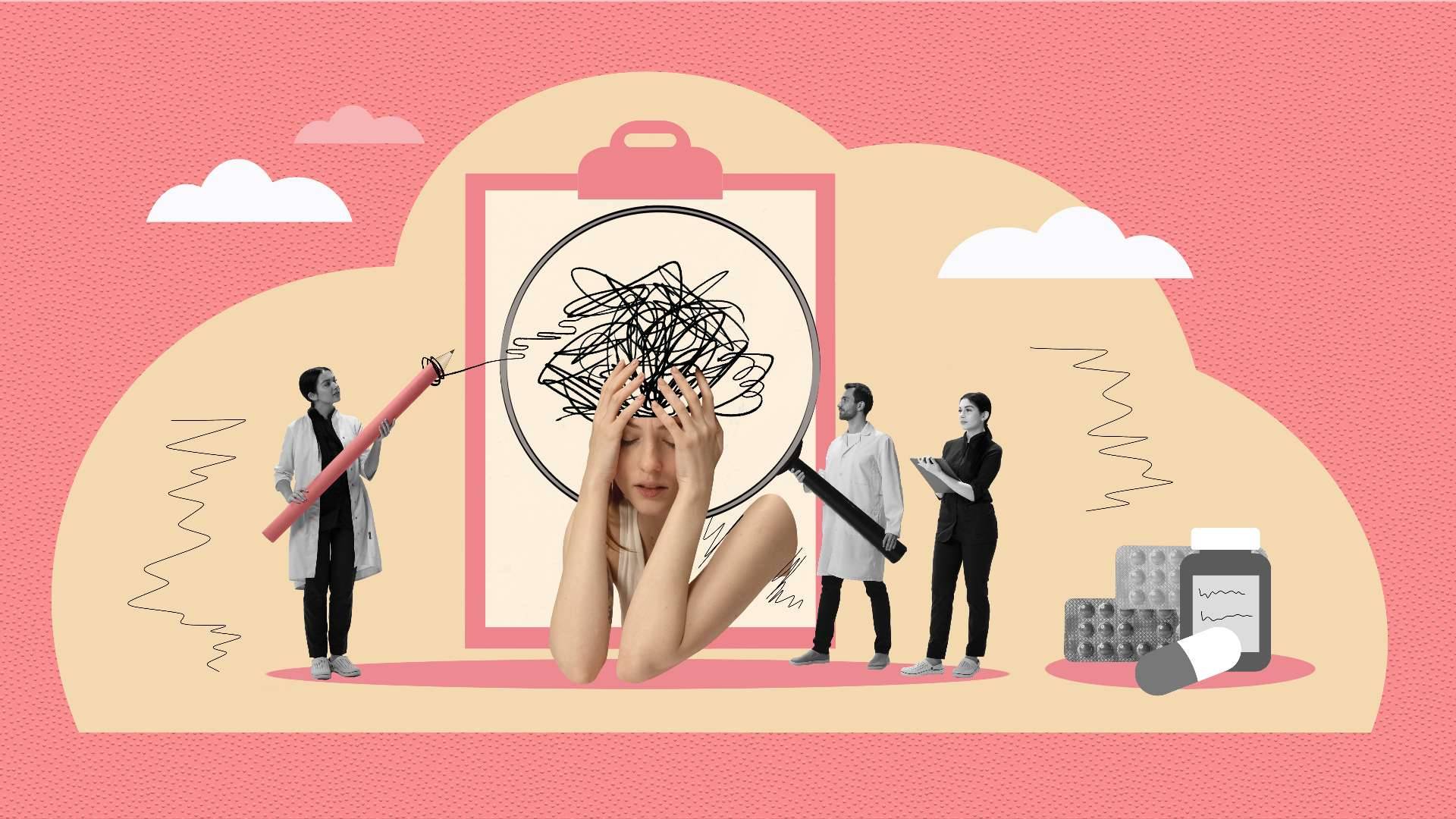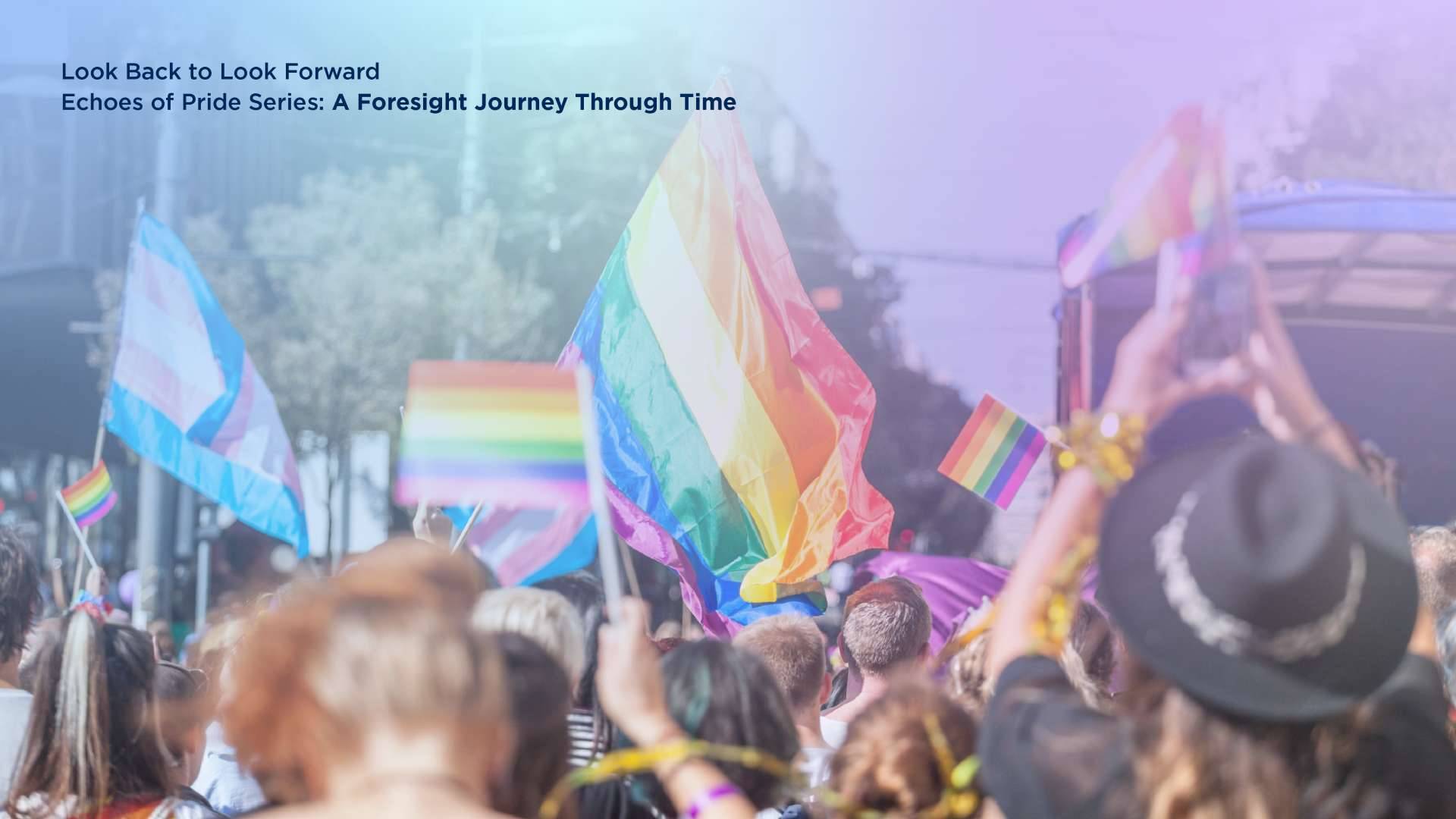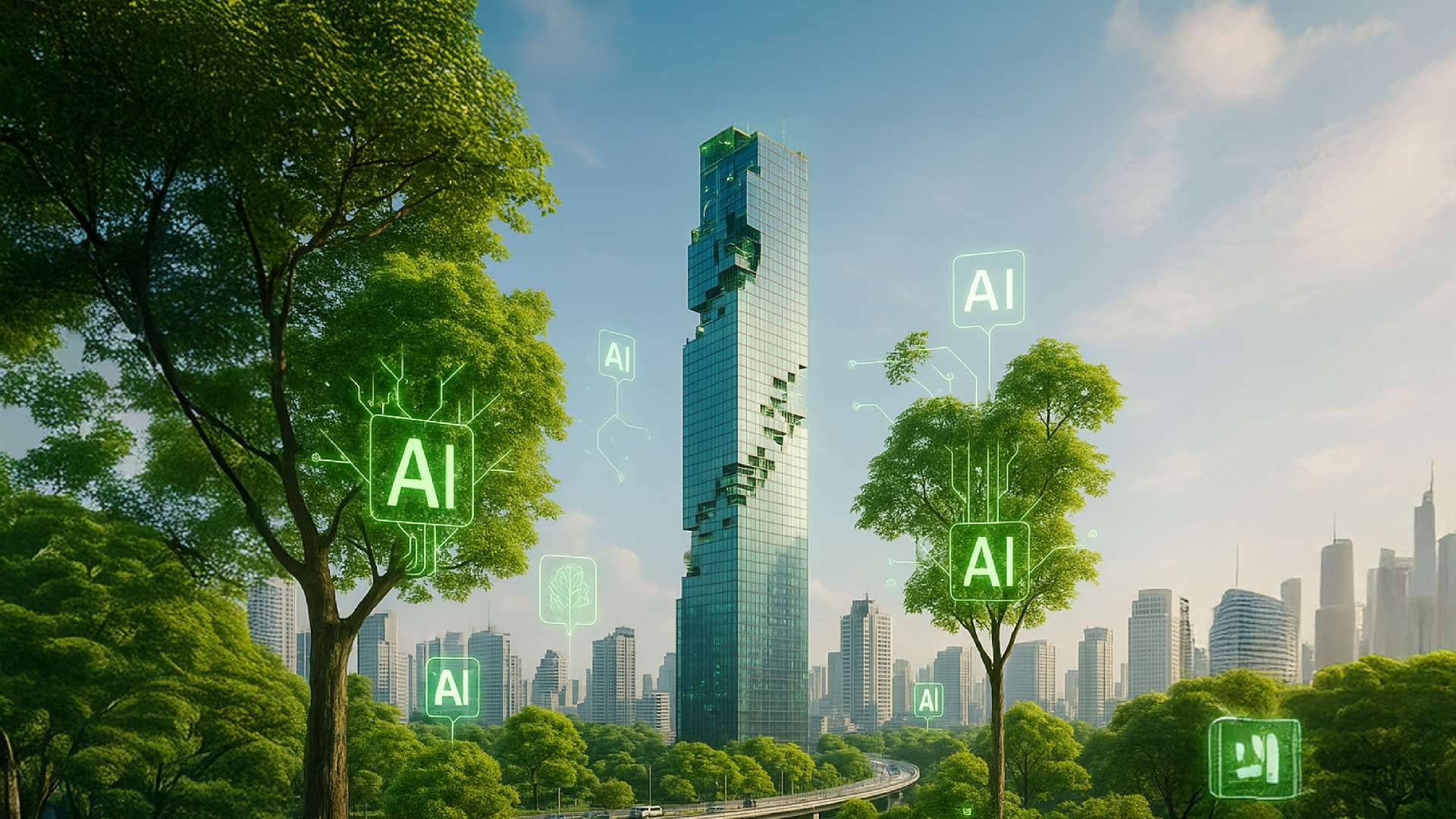
Mental Health City x Gen Z
ARTICLES | Dec 21, 2023
[#GenerationZ] or [#GenZ] are people born during 1997-2010 (13-26 years old in 2023). They are the first group of people born with technology (digital natives) who grew up during a time of social, political, and economic sensitivities. They are seen as a generation of hope and possibility and at 19-26 are at the peak of their physical potential before strength and muscle tone begin to age, Intellectually, emotionally, and socially, it is a time of learning and self-development, especially in the dimensions of relationships and success.
Gen Z has grown up with challenges in every aspect (disenchanted cohort). The high-pressure economic and political situation, their youth, and social and economic costs cause Gen Z to value access over ownership, a convenient life with comfort, flexibility, choice, and diversity. 32% of Gen Z consider themselves gender fluid. In addition, Gen Z is also a group that places importance on mental health and work-life balance. Gen Z's career goals are linked to how they view themselves. They value learning and growth as individuals and personal financial stability more than corporate or employer stability. In addition, awareness of the impact of social structures on how people live their lives has made Gen Z focus on systematic questioning, transparency, accountability, responsibility, and sustainability.
In the next 10 years, Gen Z will be 23-36 and will face a variety of challenges along with increasing responsibilities as they age. Gen Z will need to plan their assets to create financial security for themselves, especially amid the aging society. The working population will be outnumbered by those who need state welfare, such as children and the elderly. In addition, traditional assets are limited in the market, causing Gen Z to look for assets and wealth from new channels such as the digital economy. Surveys show that 56% of Gen Z consider digital assets as part of their retirement plans. This generation also accounted for an estimated 74.7% of cryptocurrency investors in Thailand in 2022.
Mental health issues matter a lot to Gen Z, especially from social factors. An estimated 1 in 7 youths worldwide aged 10-19 years has mental health problems. A report by the Thai Depression Knowledge Center, Department of Mental Health, found that only 28% of at least 1.5 million people with depression aged 15 years and over have access to treatment. As many as 17.6% of teenagers aged 13-17 had thoughts of suicide. Studies have shown that patients with depression have a suicide rate 20 times higher than the general population. The World Health Organization also predicts that by 2029, depression will be the leading cause of death. It is the second leading cause among people aged 15-29. Mental health problems will become even more important for Gen Z people now and in the future. Cities that promote good mental health must solve social structural problems while encouraging citizens to dare to set goals and be able to make them come true.
A city of the future that promotes the mental health of Generation Z will reduce costs for citizens through policies, welfare, and infrastructure accessible to all groups of people, such as reducing or waiving income tax for new graduates, internet service support. Behavioral science can support saving and investment while stimulating economic activity. Policy should increase competitiveness, create jobs, and create income for workers, forming an ecosystem that encourages creativity, innovative thinking, hands-on practice, and all-round good health. This is to reduce pressure from the external environment and encourage citizens to focus on their own development, to create and achieve goals, including developing positive relationships.
Organizations and workplaces should be designed with user values and needs in mind, such as flexibility and a focus on holistic well-being, acceptance and promotion of diversity. Workplaces should have a quiet room, separate from the co-working space, a mindfulness area, playground, calm room for mental health services, religious practices, caring for small children.
Urban housing should be diverse to accommodate all groups of people, every income group and taste. Policies should allow residents to move or upgrade their residences when their life context changes. Currently, economic reasons and limited purchasing power make Gen Z people more likely to rent than buy and to buy to invest rather than buy to live. 42% of Gen Z still live with their family. But this does not mean that these people do not want to own real estate. Financial tools that motivate and encourage Gen Z to own real estate could change the real estate landscape. Such tools could open the door for urban development to align with the needs of consumers who will have more purchasing power. The city of the future for Gen Z should be a city that can support and provide assistance to citizens if they encounter problems or need help in their lives. Citizens should receive support until they can become self-reliant again. Both citizens and taxpayers need good physical and mental health, whether they want to start a family, have children, or remain single.
Urban public spaces must be able to drive people's well-being in multiple dimensions simultaneously. They can encourage people's interaction and entertainment in the city while helping people immerse themselves in nature to restore and improve their well-being. Research has shown that an average of 2 hours of outdoor activity per day can improve overall well-being. Places within the city must help citizens achieve lifelong learning, both professionally and personally. Mental and economic and social growth occur together.
Public spaces and cities also need to be safe in both the physical and cyber worlds, leveraging technology such as portable wearable devices, wireless networks to boost mental health and well-being. Tracking and predicting the mental health situation of citizens through big data, can identify areas at risk of mental health problems. Cities should also pay careful attention to the impact of digital technology on the mental health and digital well-being of their citizens.
Within the city, an open platform should be created for citizens to express their opinions, propose solutions, participate in actual operations to solve problems and drive change in society. Currently, 84% of youth around the world, including Thailand, clearly express their concerns about the environment. It was found that 45% of those reporting anxiety due to their perception of climate problems (Climate anxiety) are Gen Z. A survey reported that more than 45% of young people have tried to bring up environmental issues in discussions but were ignored by family members. Participation in driving society for the better not only helps make the city a better city for every citizen. It also gives advocates the opportunity to exchange views and learn about issues of interest with others. Social interaction and support are created. It is a part of discovering and developing one's identity, boosting self-esteem and state of mental health and holistic well-being.
Cities should also work with technology (high-tech) or offer human experiences (high-touch) and clearly and continuously communicate guidelines to support workers both by the government and in cooperation with each sector. Projects can develop labor skills, support entrepreneurs and startups, provide financial support or tax deductions for small and medium-sized enterprises. The social system and policies within the city at all levels should promote diversity. The city of the future should ensure technological advances and geopolitical fluctuations don’t hinder future workers and citizens. It may also be an advantage for workers who are citizens to be in demand in the global job market. Income can be brought back to drive the economy within the city, maintaining an identity consistent with the times and enjoying their chosen sustainable lifestyle.
Sources: McKinsey, World Economic Forum
Read more: FutureTales Lab and BMA held Bangkok Foresight Future City Full of Happiness under BKK Rangers Empower Children for City Change https://www.futuretaleslab.com/events/bkkrangers
Read more: Imagine Our Future Habitat : Greater City for the Next Generation https://www.futuretaleslab.com/events/kmitlworkshophabitat
Read more: Future Generations and Their Impact on the Future of Living https://www.futuretaleslab.com/events/future-generations-and-their-impact-on-the-future-of-living











